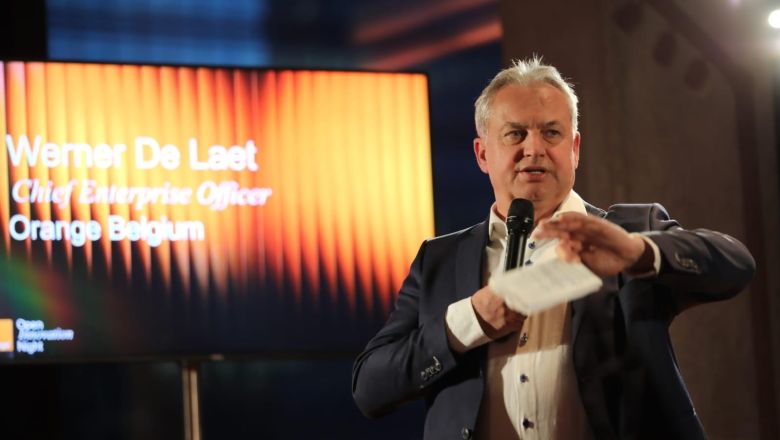The CRC submitted its draft decision on the wholesale cable tariffs to the European Commission, nine months after the public consultation. Orange Belgium regrets the major change in the methodology of cost recovery leading to significantly over-compensate the actual costs of the cable networks.
In the market analysis decision of June 2018 and the draft wholesale cable tariffs decision of July 2019,a further decrease of the cable wholesale charges was put forward in order to bring these tariffs to a level of fair charges (‘costs + reasonable margin’). Orange Belgium considers that reasonable wholesale cable tariffs are essential to guarantee a more sustainable internet and TV offer in the future.
Based on a first assessment of the draft submitted to the European Commission and published today, Orange Belgium notes that the Belgian regulators have adapted the draft proposal of mid 2019 significantly.
The most impactful changes in the draft decision
The most impactful regress is the incorporation of costs as if the cable operators would deploy a new network. Orange Belgium believes this change is not justified by the actual costs of the cable network, as those assets do not need to be renewed, as the CRC mentions in its draft decision. This change results from an explicit intention to artificially increase the wholesale tariffs beyond their fair value to the detriment of the end customers, with the objective to support FttH roll out. Should the European Commission confirm this towards the final decision, this would result in the extension of an unjustified deadweight effect to the benefit of the cable owners. This monopoly rent will be paid at the end of the day by the Belgian customers.
A preliminary analysis of this updated draft shows that most wholesale charges increase in a more or less substantial way compared to the draft proposal of July 2019, leading to wholesale charges that are clearly above and beyond the level of ‘fair charges’.
Fair competition on the Belgian Internet & TV market at risk
Orange Belgium counted on an updated wholesale charges proposal that would allow continuing developing its fixed services: to offer the Belgian consumers a qualitative and attractive Internet and TV alternative, to improve the quality of service; and to better answer to an unmet need of the market for internet only offers. These evolutions are clearly put at risk if the draft decision submitted to the European Commission today is not materially improved.
The European Commission has now until early May 2020 to adopt its position. The Belgian regulators will then have to integrate the comments of the European Commission if any and publish their final decision.


